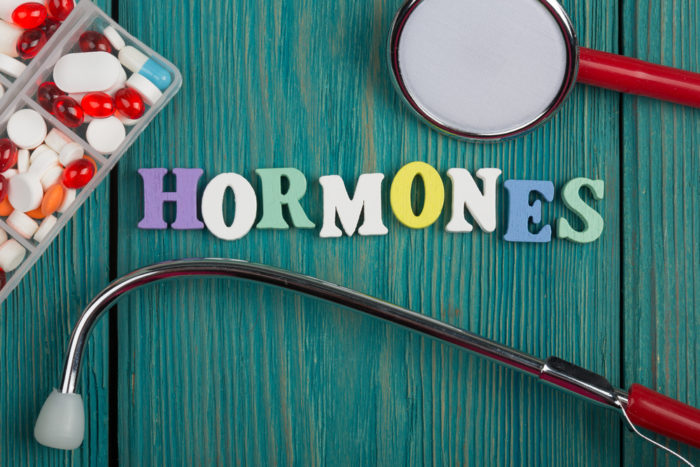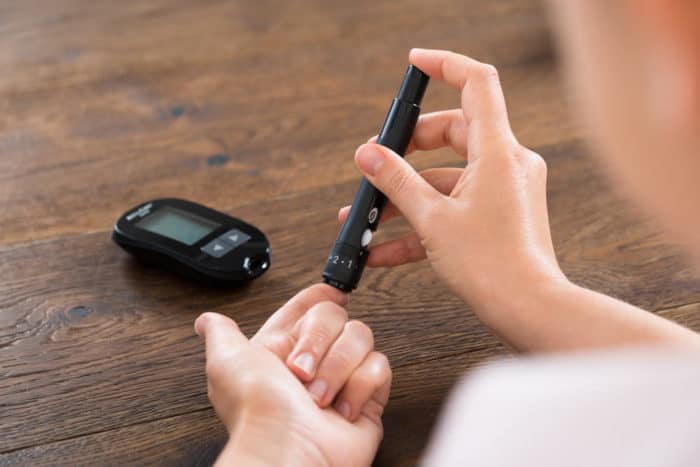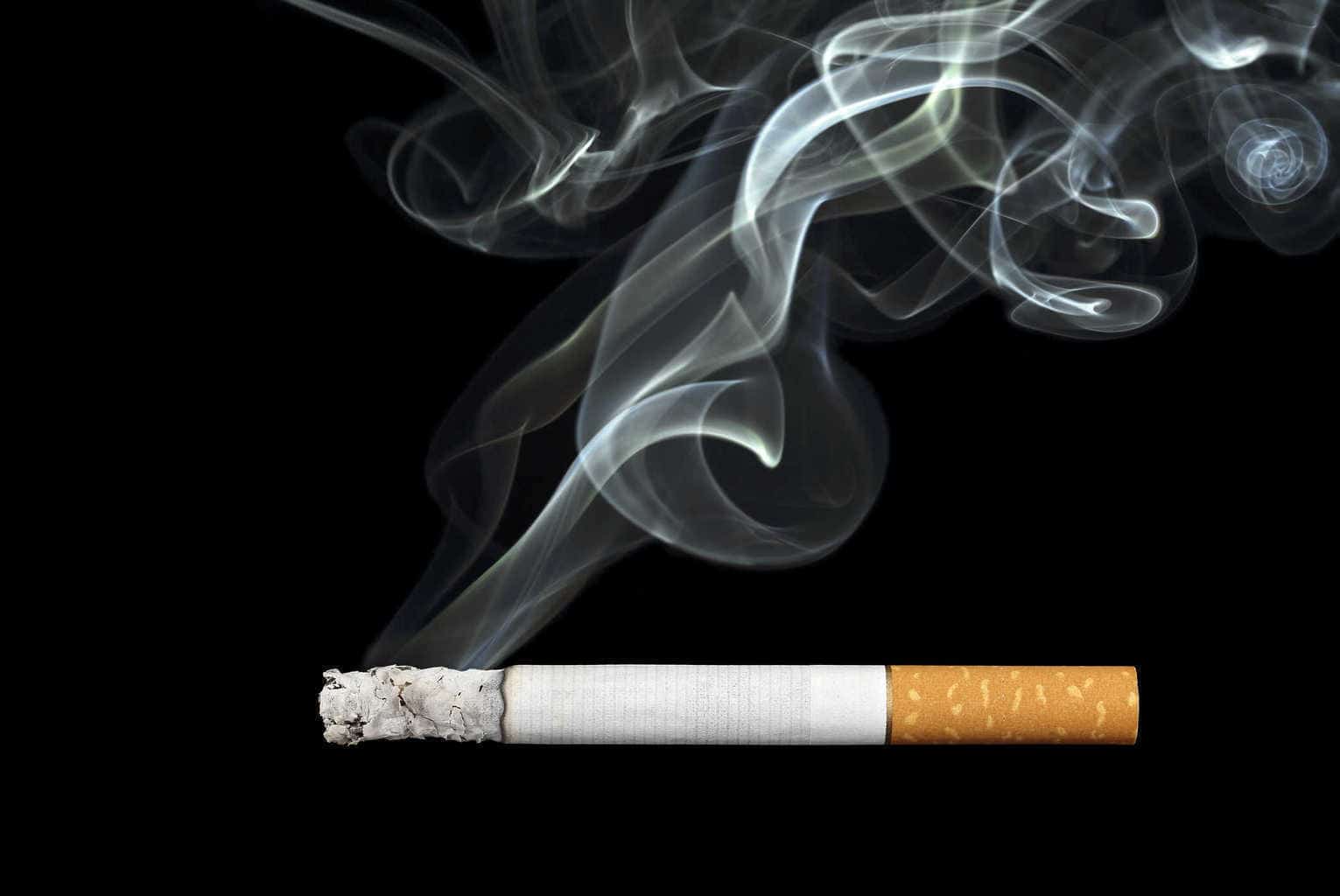Contents:
- Medical Video: The Role of Insulin in the Human Body
- The function of the hormone insulin and glucagon is equally important for the body
- What is the function of the hormone insulin?
- What is the function of glucagon hormones?
- How much normal glucose is found in the blood?
- Conditions caused by insulin imbalance
- How do I prevent diabetes?
Medical Video: The Role of Insulin in the Human Body
Insulin and glucagon are hormones that help the body regulate blood sugar levels (glucose). Both of these hormones function in overcoming the problem of high glucose levels (hyperglycemia) and low glucose levels (hypoglycemia). So, how does the hormone insulin and glucose function in regulating blood sugar levels?
The function of the hormone insulin and glucagon is equally important for the body
Glucose or blood sugar is a source of energy obtained from the food you eat. Now, to regulate the amount to remain normal, there is the hormone insulin and glucagon.
The workings and functions of the hormones insulin and glucagon are like yin which regulates blood glucose levels. This hormone works together to balance your blood sugar, keeping it at the level needed by the body.
When you eat, your pancreas secretes insulin to help lower blood sugar. Between these meals, the pancreas also secretes glucagon to keep blood sugar levels balanced.
If you have diabetes or prediabetes, your body can't use insulin, doesn't produce enough insulin, or doesn't produce it at all. Instead, an inappropriate amount of glucagon is removed from the body. When the system loses balance, this condition can lead to dangerous blood glucose levels.
What is the function of the hormone insulin?
Insulin is the main hormone produced by cells in your pancreas. The function of the hormone insulin is to work by transferring glucose from the blood into cells as energy or energy storage for later.
During the digestion process, foods containing carbohydrates are digested and converted to glucose. This causes an increase in glucose in the blood. Increased sugar is a sign for the pancreas to release insulin, so that blood sugar is quickly carried into cells and does not accumulate in the bloodstream.
When insulin is produced, the hormone glucagon is suppressed. Insulin stimulates cells throughout your body to take glucose from your bloodstream. The cells then convert glucose as energy.
To help make it a source of energy between meals, more glucose will be stored in liver cells and muscles as glycogen. When glucose is converted into energy or stored in the liver and muscles, the level in your blood decreases.
What is the function of glucagon hormones?
In contrast to the function of the hormone insulin, glucagon is a protein hormone produced in the pancreas. Glucagon is a counterweight to insulin.
Approximately four to six hours after you eat, the level of glucose in the blood decreases. This triggers the production of glucagon in the pancreas. When the pancreas secretes glucagon, insulin is suppressed.
The function of the hormone glucagon is to signal the liver and muscles to break down glycogen into glucose and release it back into the bloodstream. This keeps your blood sugar levels from falling too low.
How much normal glucose is found in the blood?
The National Health Institute provides guidance on blood glucose levels. Knormal blood glucose levels in people who do not have diabetes are:
- fasting: 70 to 99 milligrams / deciliter (mg / dL)
- after meals: 70 to 120 mg / dL
The target of blood glucose levels in diabetics is:
- before meals: 70 to 110-130 mg / dL
- one to two hours after meal time begins: below 180 mg / dL
Conditions caused by insulin imbalance
Type 1 diabetes
Type 1 diabetes is a form of diabetes that does not occur much. This is probably an autoimmune disorder in which the body's immune system destroys cells in the pancreas that make insulin.
Formerly known as "insulin dependent diabetes", type 1 diabetics must get insulin to survive.
Type 2 diabetes
Type 2 diabetes occurs when your cell does not respond to insulin. Over time, your body reduces insulin production and increases blood sugar levels.
Strongly linked to obesity, type 2 diabetes is noted as the most diagnosed case with 90 to 95 percent, according to the National Diabetes Information Agency. Type 2 diabetes can be controlled with medication and lifestyle changes, such as weight loss, good nutrition, and exercise.
Gestational diabetes
Some women get gestational diabetes at the end of their pregnancy. The cause is suspected because the hormones associated with pregnancy interfere with insulin function. Gestational diabetes normally disappears after the pregnancy is over, but women who are in this condition have a greater risk of developing type 2 diabetes in the future.
Prediabetes
If you suffer from prediabetes, your body makes insulin but it can't be used properly. As a result, blood glucose levels rise, but not too high to be classified as type 2 diabetes.
Many people who suffer from prediabetes continue to type 2 diabetes. However, with lifestyle changes, including maintaining weight, exercise, and a healthy diet, type 2 diabetes can be prevented.
How do I prevent diabetes?
Not all forms of diabetes can be prevented. However, maintaining a healthy lifestyle, including exercise and a healthy diet, can prevent or delay prediabetes and type 2 diabetes.
A healthy lifestyle is also important for healthy living from all diseases related to insulin. Enough exercise and being aware of your diet are important in maintaining conditions caused by diabetes.

















